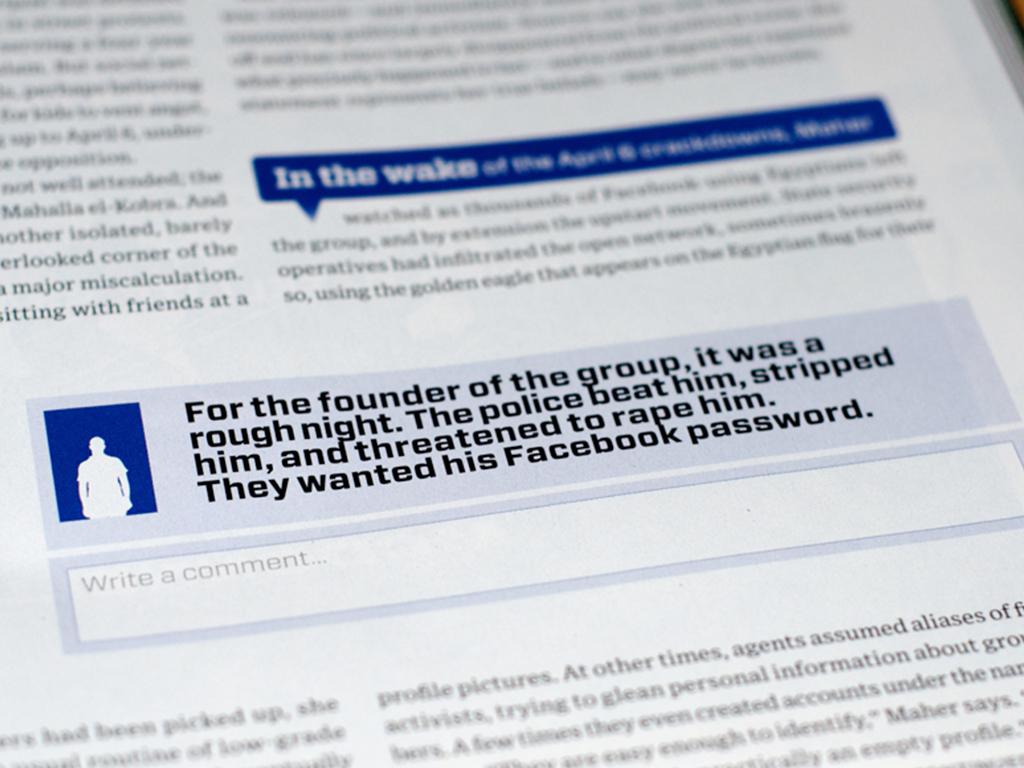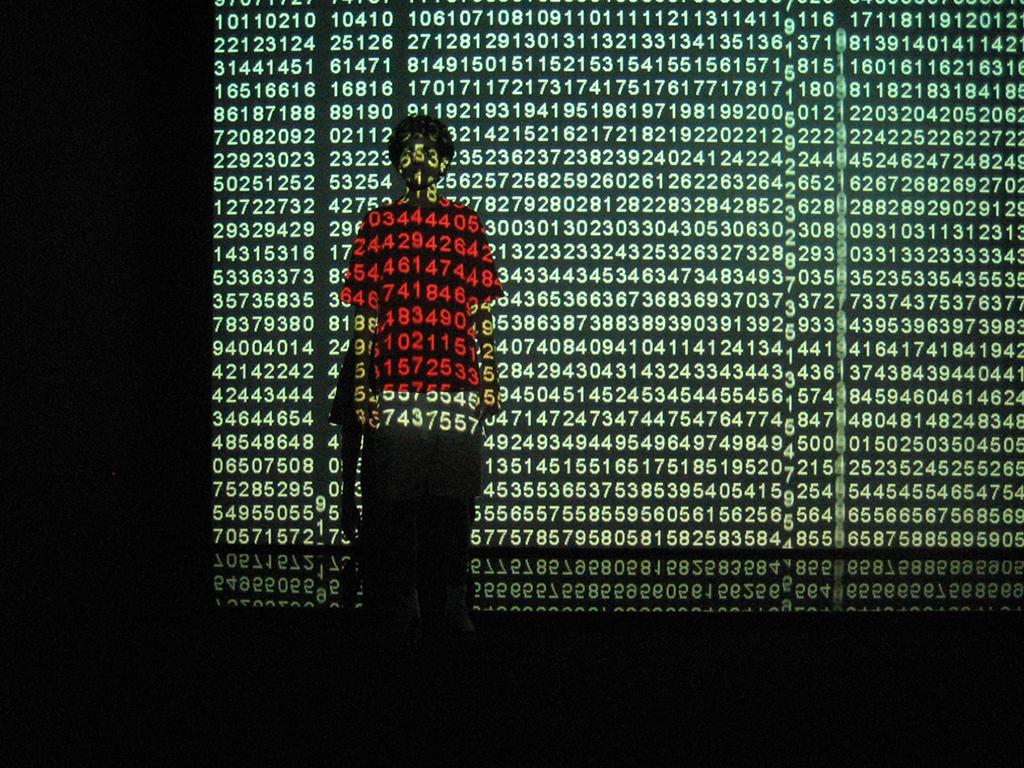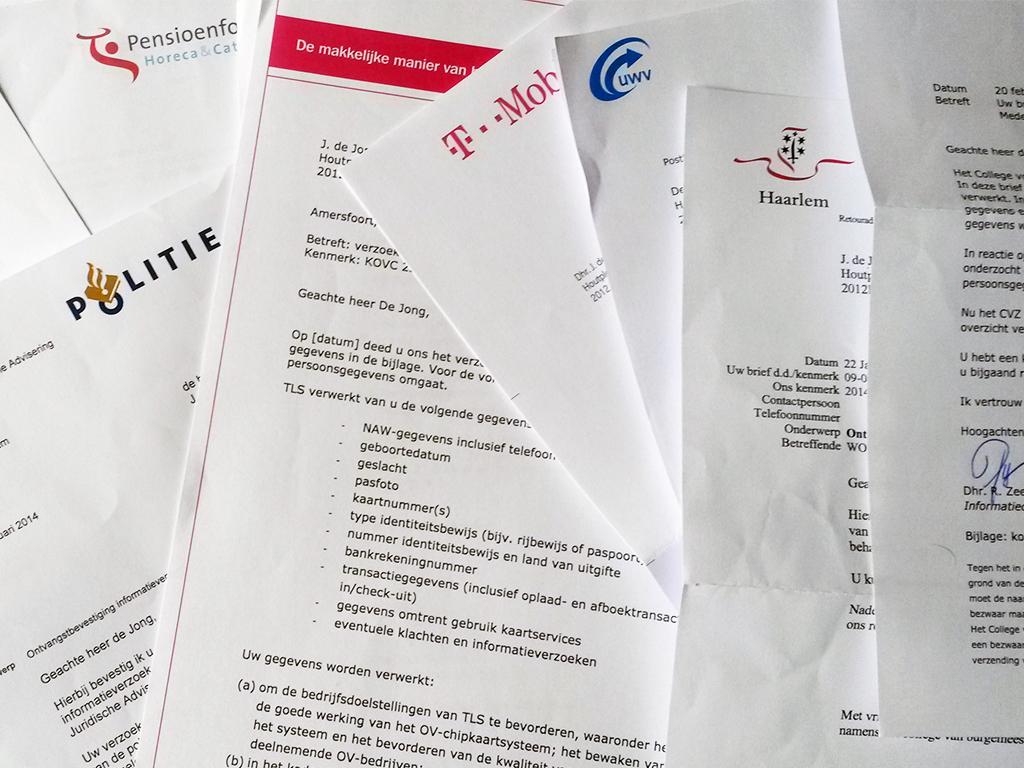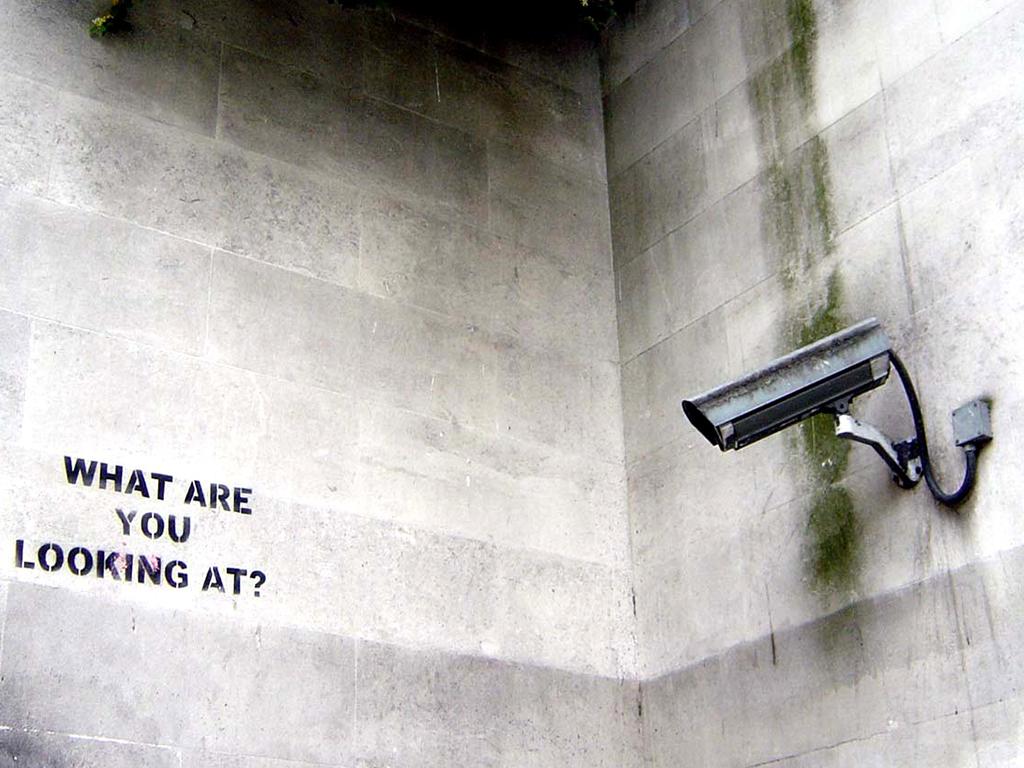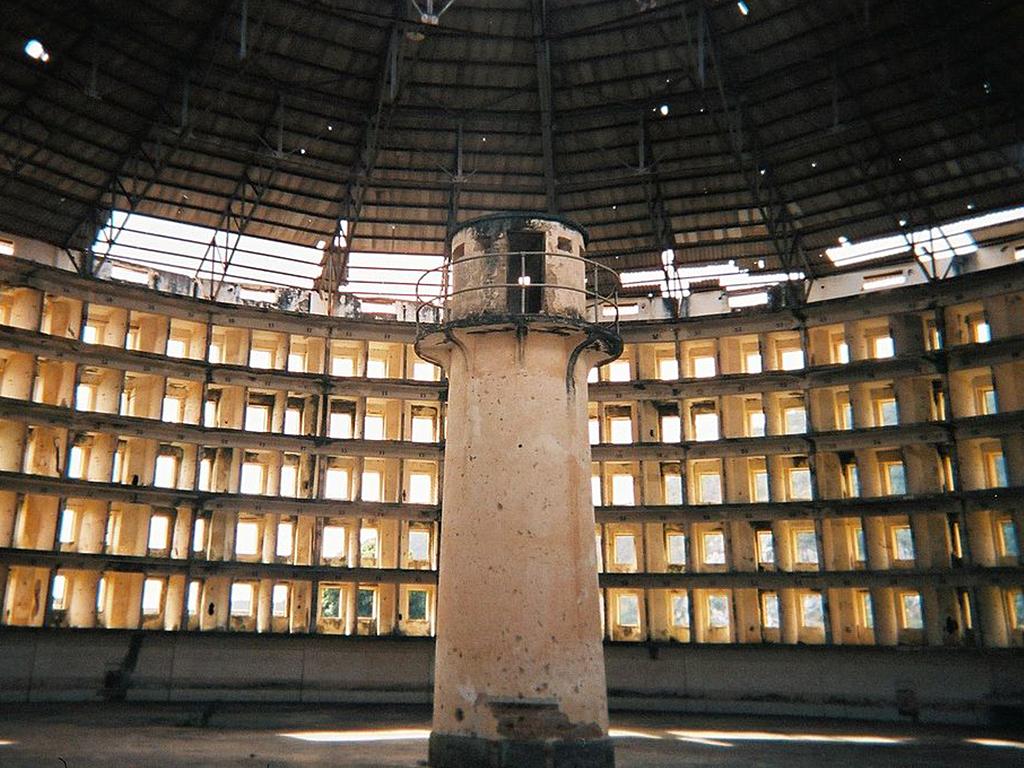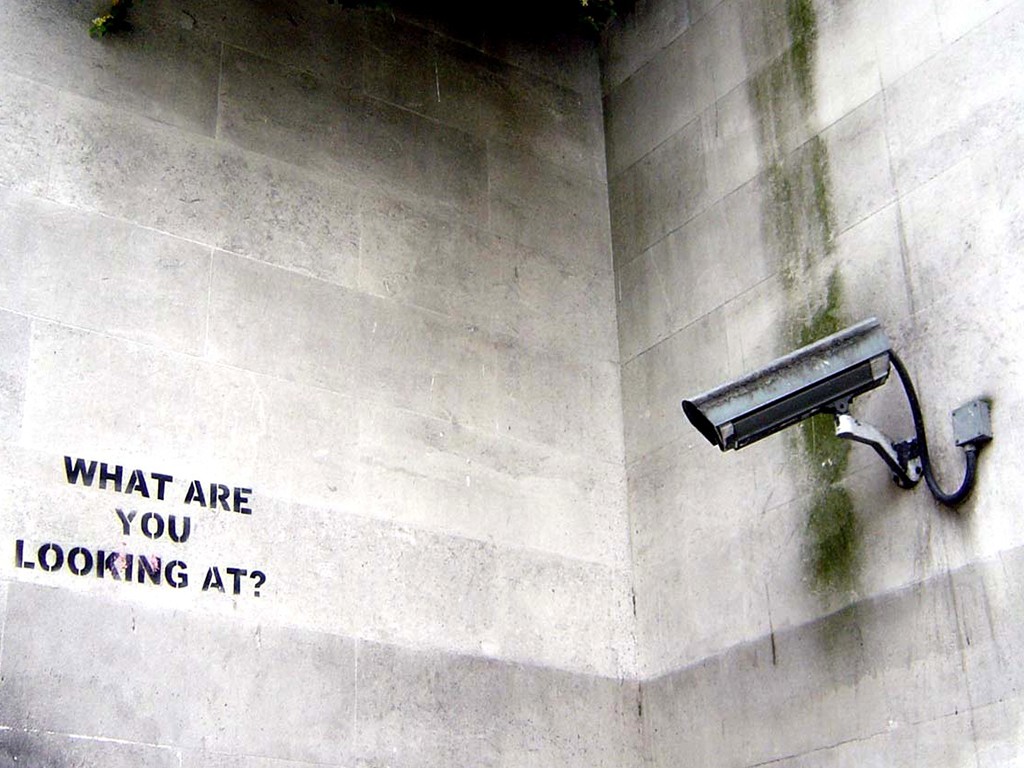
Personal data research
In 1988, the average Dutch person was registered in an estimated 30 to 40 databases of the government. In the meantime, the number of files of the government has grown exponentially. To fulfill its tasks, the government needs a lot of data, that are now entered in no less than 30.000 different systems. (Source: Onze digitale schaduw, College bescherming persoonsgegevens, 2009)
The tax office, the social security services, the polder boards: just a few examples of government services that collect our personal data and also interlink those data. What exactly does the Dutch government know about us? Which data are registered, how are they collected, used, what are the targets? What are the conditions to access the data, and by whom can they be accessed? How consistent are those data, in what manner are they linked, merged, analyzed or deleted? How is the supervision of this process organized, does it work or does it regularly fail? Can we access our data or correct them when neccessary?
To answer the many questions we have on this subject, we are conducting a personal data research, to find out what is known at governmental instutions that collect personal data. This research was done by Joey de Jong. He investigated his personal situation to get more insight in the data collection of the government. He shared his findings, so that it can feed a public and well-informed debate about the situation.

